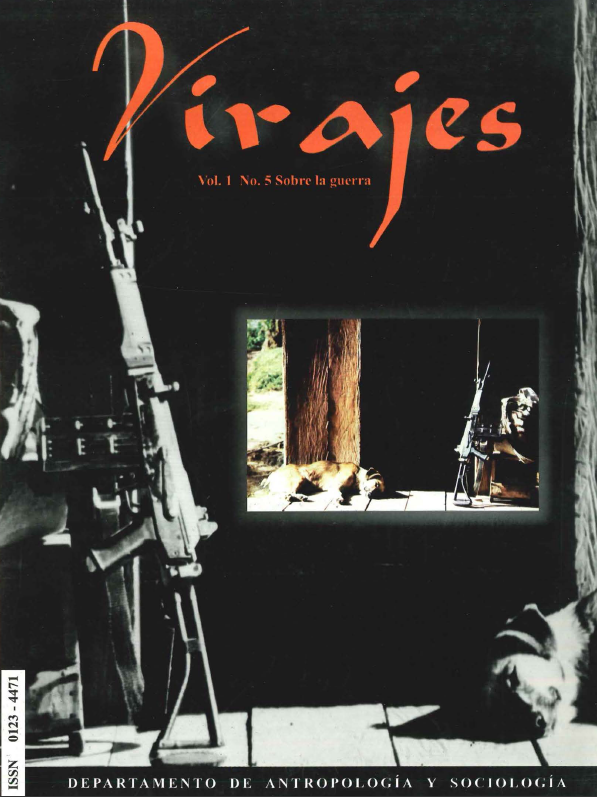Authors
Abstract
This article propases an interesting reading on war through archeological data, where it is shown that it isn't a permanent state between human societies, therefore it is necessary to restate the idea that war is connatural to human beings. In effect the author bases his study on archeological data of the Anasazi area in the southwestern part of the United States and the eastern part of North America, to demonstrate how the societies that settled in these latitudes went through time periods of peace. In this last instance, the article reveals the importance of archeology to overcome the perception that war is the most recurrent manner of interaction between human societies.
References
FRIED, Morton H. 1967. The evolution of political society: An essay in Polítical Anthropology. New York, Random House.
HAAS, Jonathan. 1982. The evolution of the Prehistoric State. New York, Columbia University Press.
HAAS, Jonathan. 1989. «The evolution of the Kayenta regional system», In The Sociopolitical Structure of Prehistoric Southwestern Societies, edited by: Steadman Upham. Kent Lightfood and Roberta Jewett. Boulder, Westview Press, p. 491-508.
KEELEY. Larry. 1996. War Before Civílization: The Myth of the Peaceful Savage. New York, Oxford University Press.

 PDF (Español)
PDF (Español)
 FLIP
FLIP














